The Basic Electricity/Applied Electricity program focuses on teaching students the fundamental principles of electricity, both theoretical knowledge and practical applications. It covers key areas such as electrical circuits, magnetism, electrical machines, power supply, and wiring. Students will learn about electrical components like resistors, capacitors, and transformers, as well as how to safely install, maintain, and repair electrical systems.
The program also introduces digital electronics and alternating current (AC) theory, helping students understand how electricity is generated, transmitted, and used in various appliances and machines. The WAEC syllabus for Basic Electricity/Applied Electricity is designed to equip students with foundational knowledge in electrical principles, safe practices, and practical applications. If you are writing the 2025/2026 WAEC examination, then this article is for you! This article will outline the key topics and practical skills necessary for success. Read carefully.
Aims and Objectives
The primary goals of the syllabus are to:
- Develop a solid understanding of basic electrical concepts and principles.
- Enhance the ability to use tools and equipment for the maintenance and repair of electrical and electronic devices.
- Understand the operation and application of simple electrical/electronic devices.
- Promote safe working procedures and safety precautions in both domestic and industrial installations.
Examination Scheme
The examination comprises three papers, that is, papers 1,2, and 3. They are:
- Paper 1: 50 multiple-choice objective questions to be answered in 1 hour for 50 marks.
- Paper 2: Theory paper with three sections:
- Section A: Compulsory for all candidates, consisting of four questions; candidates answer any three.
- Section B: For candidates in Ghana only, consisting of three questions; candidates answer two.
- Section C: For candidates in Nigeria, Sierra Leone, and The Gambia only, consisting of three questions; candidates answer two.
- Total: Candidates answer five questions in all. The paper lasts 1 hour and carries 50 marks.
- Paper 3: Practical paper with two experiments, both to be carried out by candidates in 3 hours for 100 marks.
WAEC Syllabus For Basic Electricity/Applied Electricity
Section A (For All Candidates)
Direct Current Circuit Theory
- Structure of matter
- Resistors
- Conductors and insulators
- Ohm’s law and Kirchhoff’s laws
- Power and energy
Magnetic Field and Electromagnetism
- Fundamentals of magnetism
- Concept of electric field
- Capacitors
- Electromagnetic field
- Self and mutual induction
Measuring Instruments
- Moving-coil instrument
- Moving-iron instrument
- Digital instrument
Digital Electronics
- Binary numbers
- Logic gates
Alternating Current Circuit Theory
- Generation of e.m.f… in a single-turn coil
- A.C. quantities
- RLC circuits
Transformers
- Types of transformer
- Principles of operation
- Losses and temperature rise
- Efficiency
- Cooling methods
Power Supply
- Power supply units
- Rectification
Electrical Machines
- Single-phase A.C. motors
- Alternators
- Three-phase A.C. motors
- D.C. generators
- D.C. motors
Electrical Energy Supply
- Generating stations
Electrical Wiring
- Electrical installation
- Wiring
- Protection
- Earthing
- Maintenance, fault diagnosis, and repairs
- Testing of installations
- General workshop safety
Section B (For Candidates in Ghana Only)
Electron Emission
- Electron emission
- Thermionic emission
- Cathode Ray Tube (CRT)
Semiconductor Theory
- Diodes
- Transistor
Communication
- Electromagnetic waves
- Modulation
- Amplifiers
- Operational amplifiers
Section C (For Candidates in Nigeria, Sierra Leone, and The Gambia)
Electricity Transmission and Distribution
- Transmission of electricity
- Distribution of electricity
Maintenance and Repair of Electrical Appliances
- Maintenance
- Repair of electrical appliances.
Conclusion
To succeed in the WAEC Syllabus for Basic Electricity/Applied Electricity, focus on grasping the fundamental principles in each topic, and engage in practical exercises to reinforce theoretical knowledge. Use trusted textbooks and online resources to study, practice past WAEC questions to understand the exam style, and stay informed about any syllabus updates.
By adhering to the WAEC Basic Electricity/Applied Electricity syllabus and applying effective study strategies, candidates can enhance their understanding and performance in the 2025/2026 examinations. For more inquiries, the comment section is always available to assist you!
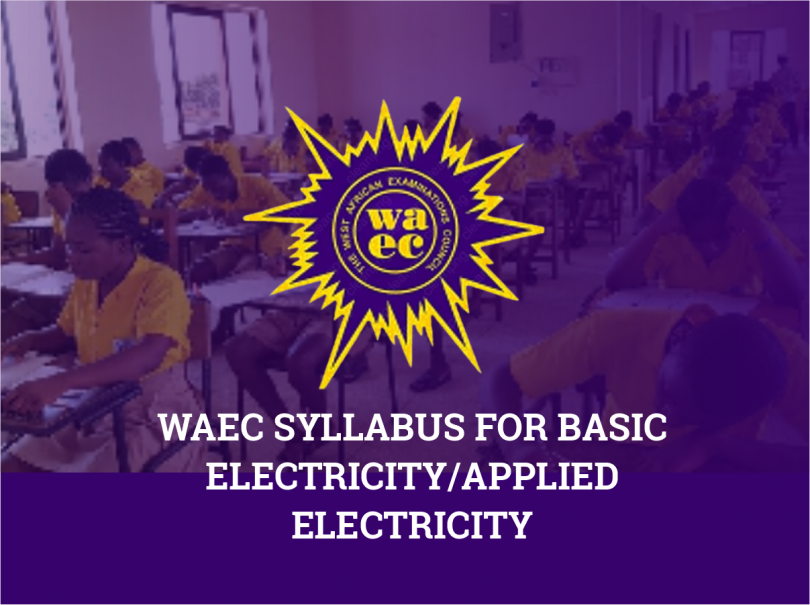
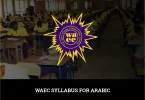
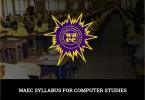
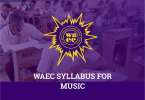


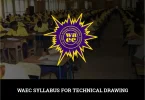
Leave a Comment